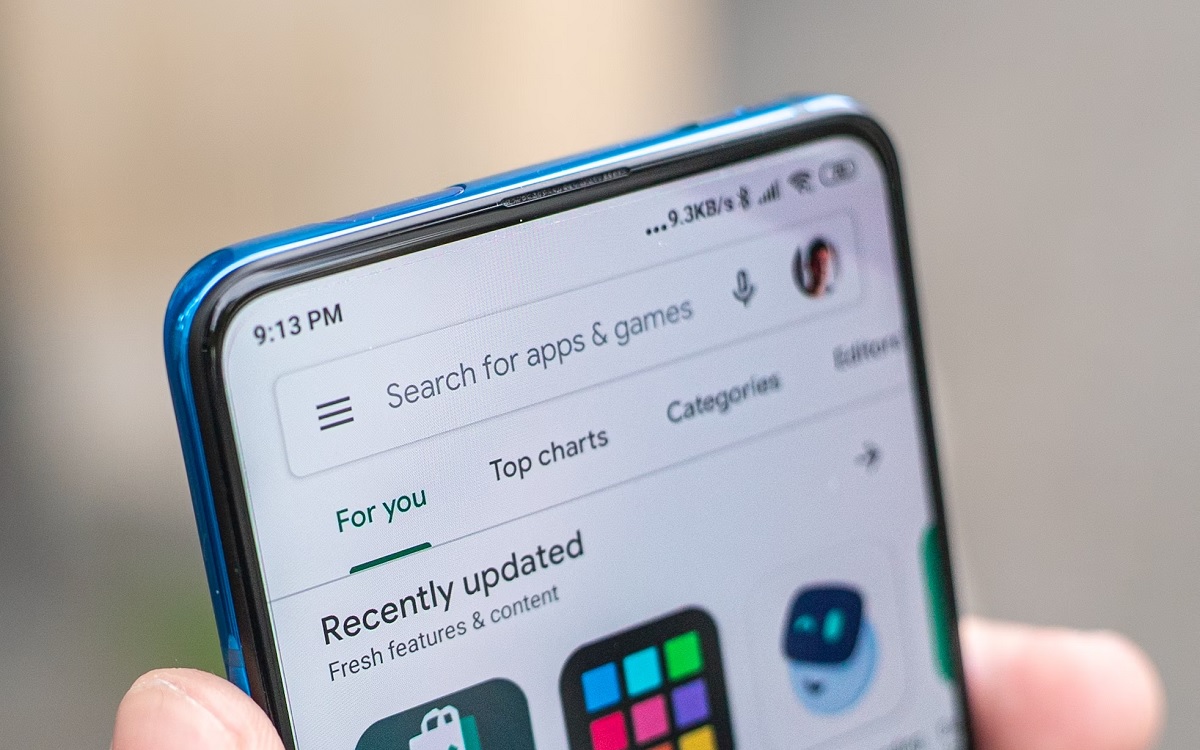These malicious Android apps are seriously bad news for your phone - here's why
Adware apps are causing problems for millions of Android users

Android apps with millions of downloads have been found running ads constantly, draining battery and causing all sorts of other problems for users.
The Mobile Research Team at antivirus vendor McAfee discovered 43 apps of this kind and reported them to Google for violation of Play Store policies. They have now been removed from the store.
The apps, usually streaming or news based in nature, mainly targeted Korean users. The adware they contain can lead to users being profiled, as well as consuming their data and draining their battery.
Invisible adware
The adware doesn't strike immediately; instead, it waits several weeks before becoming active, in an effort to evade detection by users and Google themselves.
McAfee also found that the operators behind the adware can control remotely its configuration, such as when it is deployed and so on.
In order to bypass Android's power-saving feature, which prevents apps from running processes in the background while the device is dormant, the adware prompts users to exclude the app from this.
If excluded, then the adware will load ads even when users are not using their device, in order to maximize revenue from ads fraudulently. Users are not even aware this is happening, allow McAfee notes that it may be possible for them to quickly see an ad when they go to check their phone again.
Sign up to the TechRadar Pro newsletter to get all the top news, opinion, features and guidance your business needs to succeed!
However, they main way to tell whether you have been infected is by checking if you battery is draining more than usual when you are not using it. In the battery settings of Android devices, you can see how long an app is consuming battery power in the background for.
According to McAfee, the apps also request permission to draw over other apps. This is a method used by many other malicious apps that want to steal valuable data, as it allows them to overlay phishing pages on top of legitimate apps. However, the adware in this case exhibits no phishing attempts.
McAfee advises to carefully check apps before you download them, and pay attention to when they ask you for certain device permissions, such as overlaying and excluding from battery saving implementations - these do have legitimate uses in the case of many apps, so think about whether it is necessary. It is also prudent to check review scores from other users.
- These are the best Android antivirus apps around

Lewis Maddison is a Reviews Writer for TechRadar. He previously worked as a Staff Writer for our business section, TechRadar Pro, where he gained experience with productivity-enhancing hardware, ranging from keyboards to standing desks. His area of expertise lies in computer peripherals and audio hardware, having spent over a decade exploring the murky depths of both PC building and music production. He also revels in picking up on the finest details and niggles that ultimately make a big difference to the user experience.